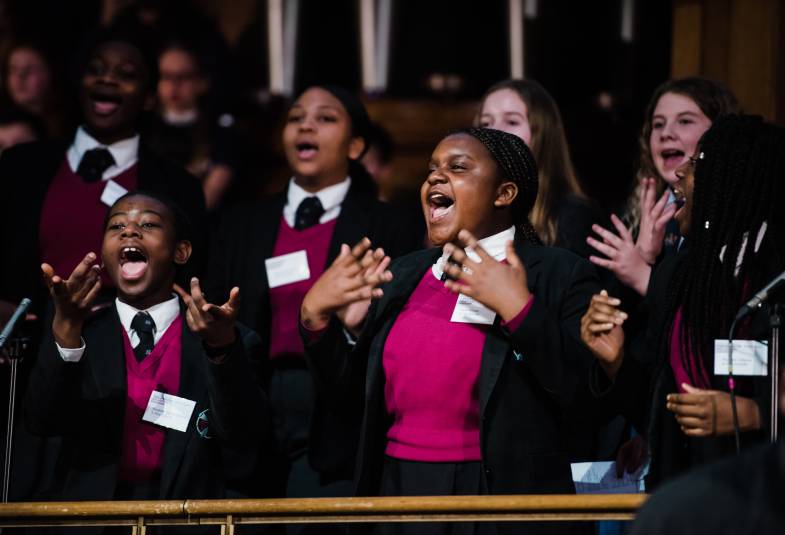
Guidance for collective worship (2021)
Collective worship is the unique heartbeat of a Church school and is offered as part of a wider opportunity for pupils and adults to encounter faith by engaging in conversations about God, both as individuals and together. This document, principally for Church of England schools, draws on our Vision for Education to set out an approach to Collective Worship.
Many schools work with the local vicar and other church members to plan and deliver acts of worship that are invitational, reflective and engaging. There is plenty of flexibility in the provision of collective worship to enable all pupils to benefit without compromising their beliefs.
Collective worship gives pupils and school staff the opportunity to:
- Engage in an act of community.
- Express praise and thanksgiving to God.
- Be still and reflect.
- Explore the big questions of life and respond to national events.
- Foster respect and deepen spiritual awareness.
- Reflect on the character of God and on the teachings of Christ.
- Affirm Christian values and attitudes.
- Share each other's joys and challenges.
- Celebrate special times in the Christian calendar.
Worship Workshop helps schools build better worship.
SIAMS (Statutory Inspection of Anglican and Methodist Schools) inspections evaluate the impact of collective worship on the school community and its contribution to the values and ethos of the school.